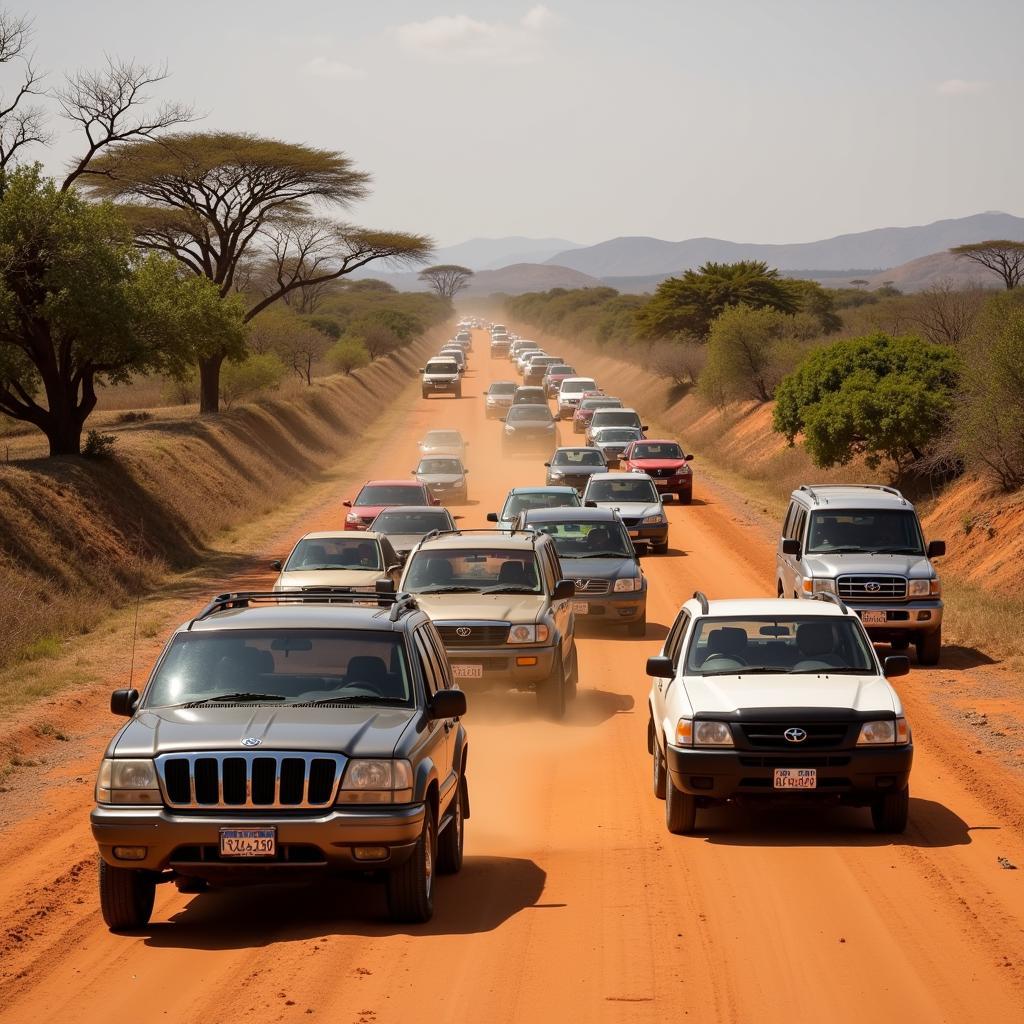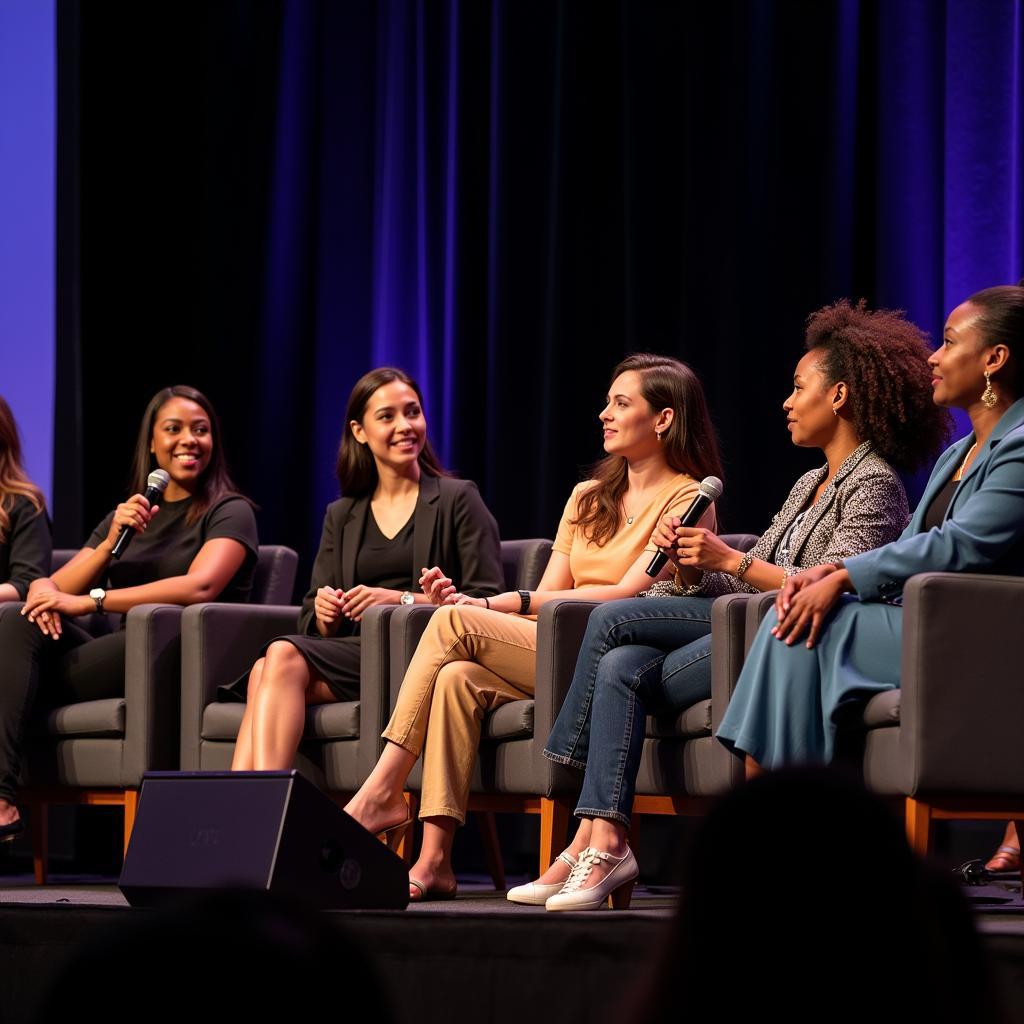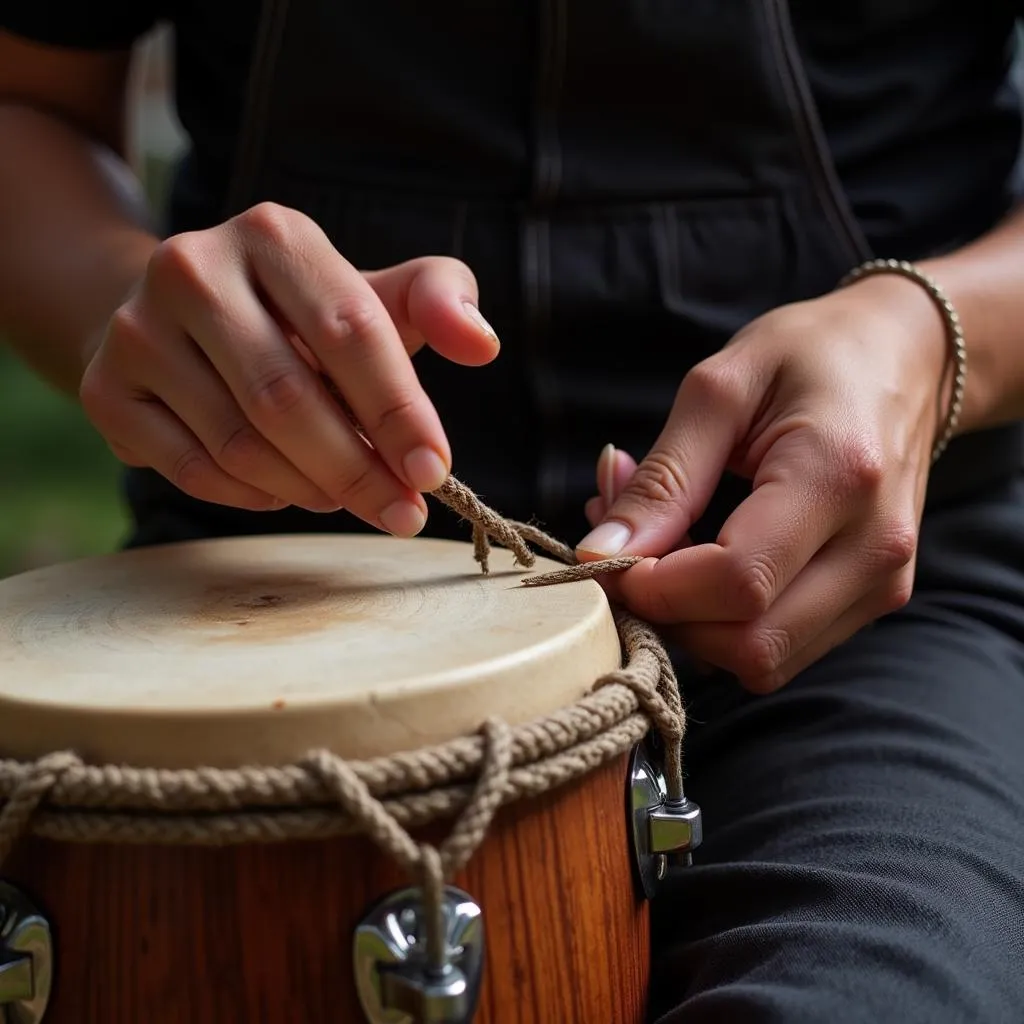The Essential Guide to African Drum Kits: A Deep Dive into Rhythms and Sounds
The pulsating heart of African music, the drum, has captivated audiences across the globe for centuries. Its rhythmic energy, expressive power, and cultural significance make it a truly unique instrument. If you’re interested in exploring the vibrant world of African music, understanding the role of drum kits is essential. In this comprehensive guide, we’ll dive into the fascinating world of African Drum Kits, examining their history, construction, and the diverse sounds they produce.
The History of African Drum Kits: A Journey Through Time
The origins of African drumming are intertwined with the continent’s rich history and diverse cultures. Drums have been an integral part of life in Africa for thousands of years, serving as tools for communication, storytelling, ritual ceremonies, and musical expression. Each region and ethnic group developed its own unique drumming traditions, reflecting its unique cultural identity.
The Origins of Rhythmic Storytelling
In many African societies, drumming served as a powerful tool for storytelling. Complex rhythms and patterns encoded messages, history, and cultural knowledge. This tradition of rhythmic storytelling remains alive today, with drummers passing down knowledge and history through generations.
The Construction of African Drum Kits: A Symphony of Materials
African drum kits are made from a wide variety of materials, often reflecting the resources available in each region. Common materials include:
- Wood: Acacia, mahogany, and other hardwoods are frequently used for the drum bodies, providing durability and resonance.
- Animal Skins: Goat, cow, or antelope skin is stretched over the drumheads, creating a responsive surface for playing.
- Metal: Some drums incorporate metal elements like rings or bells for added sonic depth.
- Bamboo: In some regions, bamboo is used to create drums with a distinctive sound.
The Diverse Sounds of African Drum Kits: Exploring the Rhythmic Palette
The sounds produced by African drum kits are as diverse as the instruments themselves. From the deep, resonating bass of the djembe to the high-pitched clicks of the shekere, each drum has its own unique voice.
The Role of Different Drums in an Ensemble
In traditional African drumming, different drums often play specific roles within an ensemble. Some drums provide the steady pulse of the rhythm, while others create intricate counter-rhythms or melodic patterns. The interplay between these drums creates a complex and vibrant musical tapestry.
Learning to Play African Drums: A Journey of Rhythm and Expression
Learning to play African drums is a rewarding experience that goes beyond simply hitting a drum. It involves understanding the cultural context, the nuances of rhythm, and the expressive power of the instrument.
Finding a Teacher and Embracing the Tradition
The best way to learn African drumming is to find a skilled teacher who can guide you through the intricacies of the tradition. Here are some tips for finding a good teacher:
- Seek out experienced drummers: Look for teachers with a strong understanding of African drumming techniques and traditions.
- Experience the cultural context: Learn about the history, rituals, and cultural significance of the drums you are learning to play.
- Practice regularly: Consistent practice is key to mastering the art of African drumming.
The Power of African Drumming: Connecting to Tradition and Beyond
African drum kits are more than just musical instruments. They are powerful symbols of cultural heritage, community, and expression. By understanding their history, construction, and sounds, we can gain a deeper appreciation for the rich and vibrant world of African music.
FAQ:
Q: Are there specific drum kits used in certain African cultures?
A: Yes, different cultures have their own unique drum kits and traditions. For example, the djembe is popular in West Africa, while the ngoma is prominent in East Africa.
Q: What are some famous African drummers?
A: Some well-known African drummers include Baba Olatunji, Manu Dibango, and Salif Keita.
Q: Where can I find African drum kits for sale?
A: You can find a variety of African drum kits online or at specialized music stores.
Conclusion:
The journey of African drum kits is a testament to the power of music to bridge cultures and connect us to the rich tapestry of human expression. Their vibrant rhythms, expressive power, and cultural significance make them a treasure worth exploring. By embracing the world of African drumming, we can unlock a new dimension of musical understanding and appreciation.
Contact Information:
For any inquiries, please feel free to contact us:
Phone: +255768904061
Email: kaka.mag@gmail.com
Address: Mbarali DC Mawindi, Kangaga, Tanzania
We are available 24/7 to assist you with any needs or questions.



